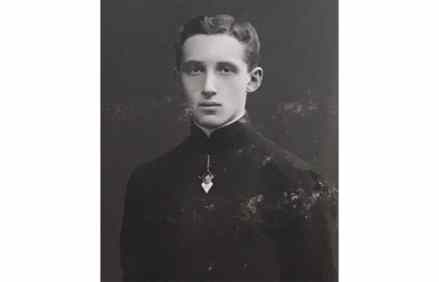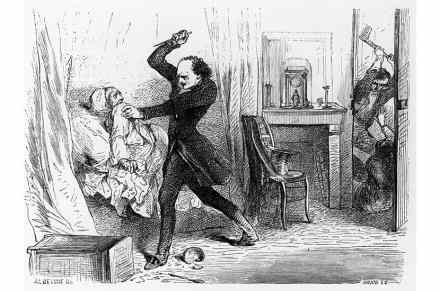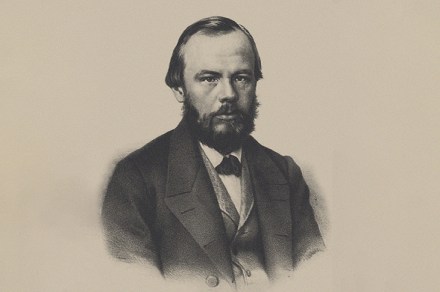The diary of a tortured man: Deceit, by Yuri Felsen, reviewed
Yuri Felsen, born in St Petersburg, was an exile in Riga, Berlin and Paris and died at Auschwitz in 1943. Had his archive not been destroyed, we might find him on the same shelf as Vladimir Nabokov, Vladislav Khodasevich and Ivan Bunin – the glittering Russian literati of 1930s Paris – and Georgy Adamovich, who said that Felsen’s prose ‘left behind a light for which there is no name’. With this new translation of the 1930 novel Deceit, that light has been brought back from dim obscurity. In this first of three novels Felsen published, we follow the unnamed narrator’s tortured obsession with the ‘unequivocally irresistible’ Lyolya Heard, who drifts




